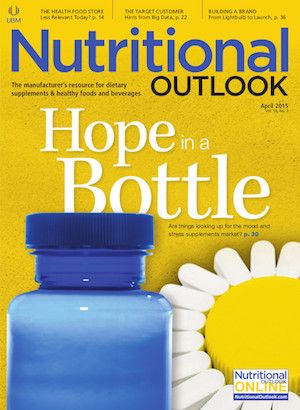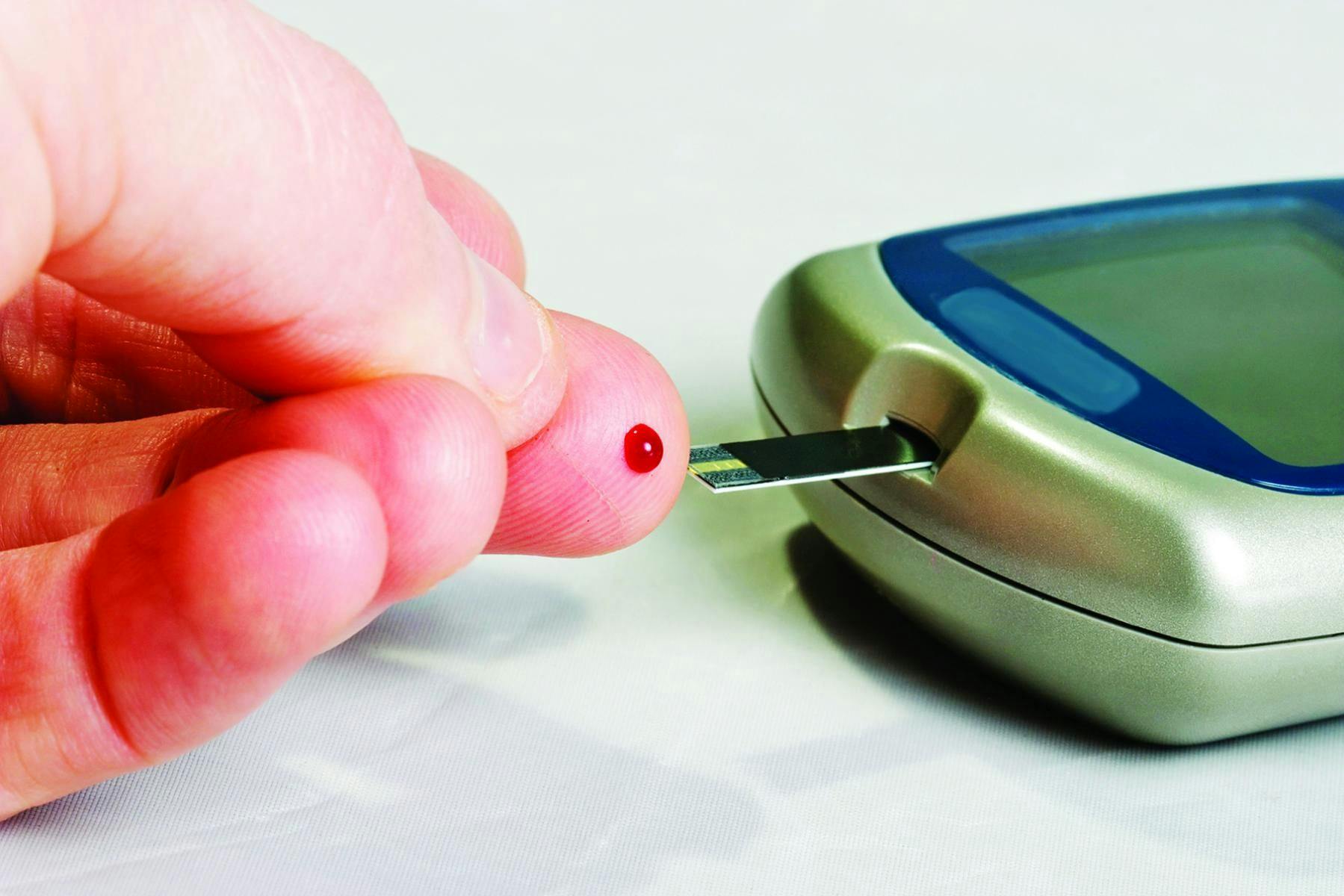Freedom to Operate
Nutraceutical companies who pursue IP litigation are protecting the industry at large.

In the nutraceuticals space, “borrowing science” is the polite way to refer to the practice of wrongfully using another company’s ingredient science to substantiate your own. But if we’re being less polite, “borrowing science” is “stealing science,” and it’s a crime. Unfortunately, as nutraceutical players increase and supply chains globalize, IP infringement is a growing problem and one that’s harder to untangle.
For a branded-ingredient supplier these days, it’s not enough to hold a valid patent. One must be diligent about protecting that patent and its hard-won research. But suppliers may find it difficult to track infringement to the source, especially when a case involves a guilty party based on foreign soil. Not only must the patent holder comb through a product’s supply chain in order to find the infringer, once it decides to pursue a case it also must deal with foreign patent offices and court systems, all of which can be “clogged up and extremely slow,” says Rakesh Amin of law firm Amin Talati & Upadhye (Chicago). “There are additional logistical issues and discovery hoops that you have to go through,” he says, “and then even if a U.S. company is awarded a judgment, it’s still hard to enforce unless [the infringing company] has assets here in the United States.”
Small suppliers purposefully skirting the law are even harder to pin down, he adds. “If it’s a major European company that is committed to doing business in the United States, it’s much easier. If it’s a fly-by-night company in Asia, it’s going to be much more challenging.”
With all this in mind, it’s notable that ingredient supplier Sabinsa Corp. (East Windsor, NJ) recently prevailed in two of four patent-infringement cases over its Curcumin C3 Complex ingredient. In March, ingredient suppliers HerbaKraft and Prakruti Products Private Ltd. agreed to cease sales of related curcumin ingredients, with the settlement submitted to the New Jersey District Court confirming Sabinsa’s patent valid and enforceable. (At the time this article was published, Sabinsa’s other two Curcumin C3 Complex cases were ongoing.)
Following its victory in the Prakruti case, Sabinsa’s founder Muhammed Majeed, PhD, said in a press release, “This settlement sends a clear message to all suppliers on foreign soil that Sabinsa is very serious about defending its patents. This win clearly shows that sitting in India while violating our curcumin patent does not mean you can escape IP theft consequences. We also see this as a win for our customers and their consumers alike…”
And although Sabinsa’s marketing director Shaheen Majeed describes pursuing cases against foreign companies as “an uphill battle,” it’s a battle he says is nonetheless crucial that more patent holders take on.
Sabinsa isn’t the only company pursuing IP offenders. Chromium supplier Nutrition 21 LLC (Purchase, NY) successfully defended its Chromax chromium picolinate patent in a case against Schwabe North America and its supplements brand Nature’s Way. And then there are the IP battles over krill and algae. In fact, Amin says more companies these days are protecting IP rights, both seeking protection and defending their own. “I see more companies concerned about IP protection and more companies concerned about not infringing on a patent or trademark. Back in the day, you didn’t see that many clients seeking freedom-to-operate opinions, but currently you’re seeing it all the time because companies realize that an ounce of prevention is nowadays worth even more than a pound of cure.”
Marketers-the companies selling finished goods-aren’t protected either just because they maybe unknowingly purchase ingredient from a supplier that’s treading on another supplier’s ingredient IP. “If they’re offering an infringing product for sale, then there is exposure. It doesn’t need to be intentional,” Amin says.
At the end of the day, engaging in the IP fight is about teaching a lesson, and it’s an important lesson for industry to learn, Shaheen Majeed says. “There’s only so much you can tolerate” when it comes to companies borrowing your science, he says. “Hopefully, others who are being infringed upon can look at this [Sabinsa victory] and say, ‘Hey, we’re also not going to sit down and take this.’”
And there’s only so much the industry at large can tolerate, too, says longtime industry member Suzanne Shelton, Sabinsa’s PR representative. Simply put, she says, “borrowing science” is not sustainable for the business of industry. “More voices are saying, ‘Cut this out,’ because it hurts the entire industry for short-term monetary gain. Given the fact that innovation is what moves our industry forward, and demonstrated health benefits are going to have everything in the world to do with protecting the industry…the companies that have science-backed products with innovative technologies supported by patents are going to be the ones left standing.”
If industry wants to build a reputable, science-backed image, then companies who make the financial investment in research and quality must be protected-not only at home but also abroad. Gloves on.
Jennifer Grebow
Editor-in-Chief
Nutritional Outlook magazine
jennifer.grebow@ubm.com
Photo © iStockphoto.com/Warchi

HHS announces restructuring plans to consolidate divisions and downsize workforce
Published: March 27th 2025 | Updated: March 27th 2025According to the announcement, the restructuring will save taxpayers $1.8 billion per year by reducing the workforce by 10,000 full-time employees and consolidating the department’s 28 divisions into 15 new divisions.
















